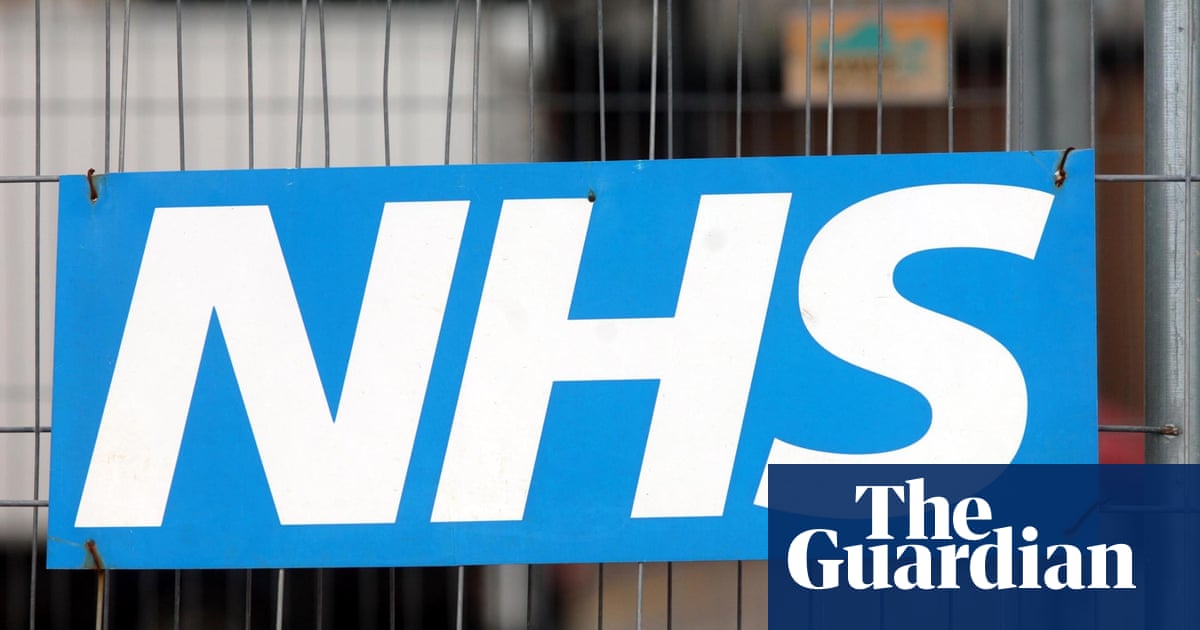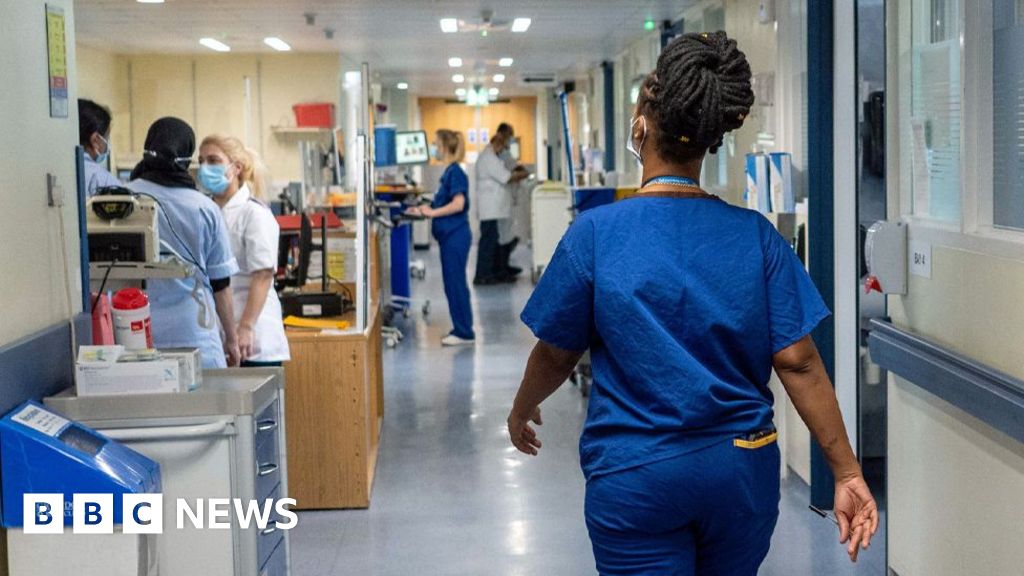
The National Health Service (NHS) in England is facing a significant funding crisis, with experts warning that an additional γ8bn a year will be needed by 2029-30 to address the care backlog and end long treatment delays. This comes as politicians have been accused of not being honest with the public about the true cost of reviving an NHS grappling with record numbers awaiting care, inadequate access to GPs, and collapsing public satisfaction.
According to a report by the Health Foundation, addressing the funding required for NHS improvements would mean facing difficult trade-offs with other public services and taxation levels. The Department of Health and Social Care's budget will need to increase by γ8bn more than planned if sustained improvement in NHS performance is desired.
NHS bosses have endorsed the need for further investment to tackle backlogs, improve performance, pay staff more, and increase capital investment. Hospitals also require additional capital funding to address chronic underinvestment in buildings and facilities that threaten patient and staff safety.
The Conservative Party has pledged to publish and implement a major conditions strategy. The Labour Party aims to tackle the social determinants of health, halve the gap in healthy life expectancy between the richest and poorest regions in England, raise the healthiest generation of children in history, ensure that no future generation can legally buy cigarettes, and ban vapes from being branded and advertised to appeal to children.
The Liberal Democrats have pledged an extra θbn across health and care by the end of Parliament. However, this falls short of what is needed according to the Health Foundation.
Prime Minister Rishi Sunak and Labour Party leader Keir Starmer have both made proposals to fix the creaking health service, but key details remain unresolved.


